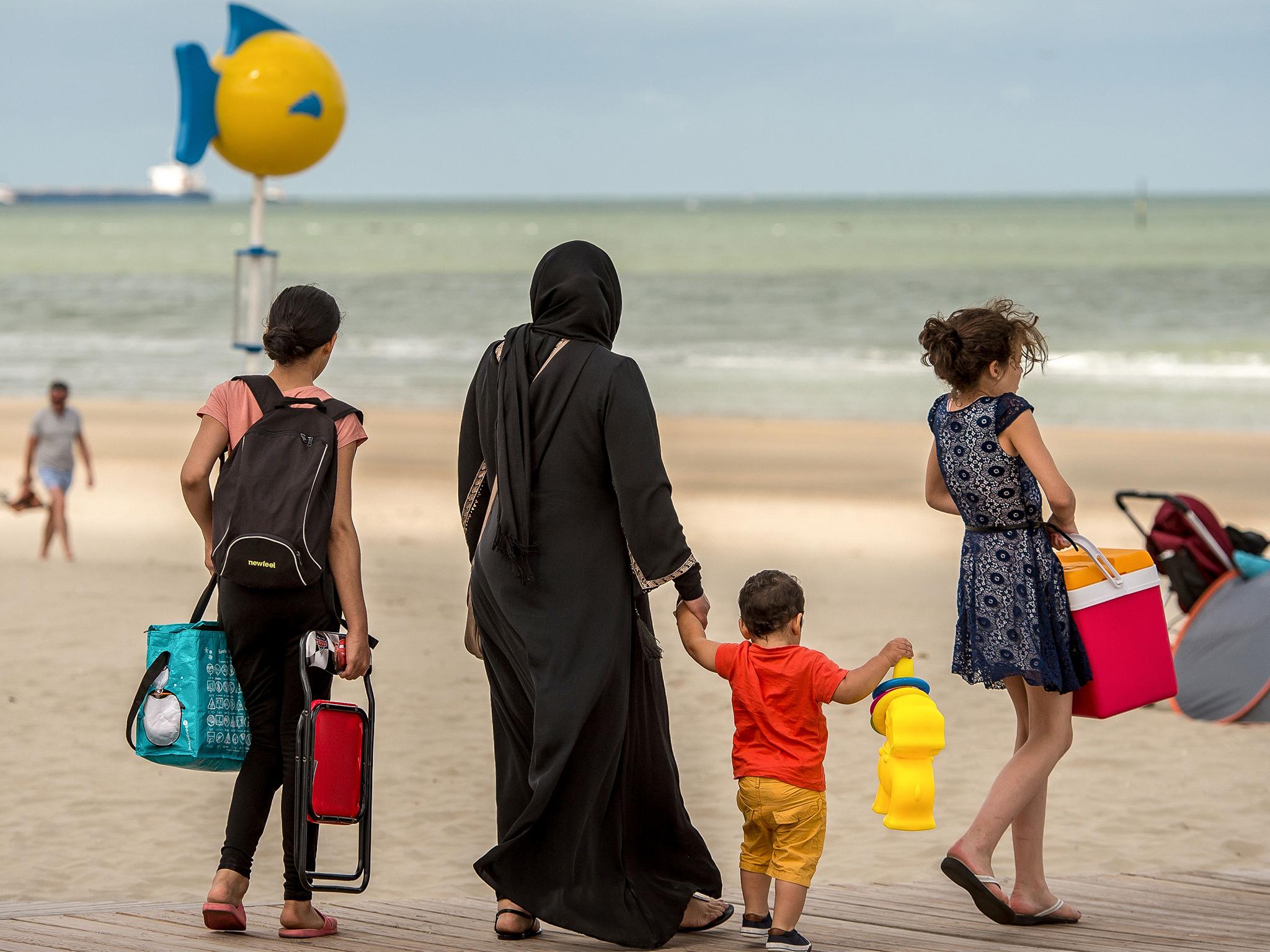France set to ban Muslim students from wearing abaya in state schools
Left-wing opposition party criticises ‘policing of clothing’ and calls minister’s announcement ‘unconstitutional’

France is all set to ban Muslim abaya dress – a full-length, loose-fitting billowy robe worn by some Muslim women as a sign of piety – in state schools, the country’s education minister said ahead of the upcoming school season.
French education minister Gabriel Attal said in an interview on Sunday that he would ban Muslim schoolgirls from wearing the abaya in classrooms.
“I have decided that the abaya could no longer be worn in schools,” Mr Attal, 34, said in an interview with TV channel TF1. “When you walk into a classroom, you shouldn’t be able to identify the pupils’ religion just by looking at them.”
He said he will give “clear rules at the national level” to school heads just as they return to classes nationwide from 4 September, Le Monde reported.
“Secularism means the freedom to emancipate oneself through school,” Mr Attal said and described the abaya as “a religious gesture, aimed at testing the resistance of the republic toward the secular sanctuary that school must constitute”.
Mr Attal was appointed education minister by French president Emmanuel Macron just last month.
France – known for implementing a strict prohibition on religious symbols within state schools and government buildings – has encountered challenges in modernising its directives to address the country’s expanding Muslim minority.
Local media quoted Eric Ciotto, head of the opposition right-wing Republicans party as saying: “We called for the ban on abayas in our schools several times.”
Clementine Autain of the left-wing opposition France Unbowed party criticised the “policing of clothing”.
She said Mr Attal’s announcement was “unconstitutional” and against the founding principles of France’s secular values.
She said the ban was symptomatic of the government’s “obsessive rejection of Muslims”.
The French Council of Muslim Faith, which consists of several Muslim associations, has meanwhile said that clothing alone is not “a religious sign”.
In French public schools, the wearing of sizable crosses, the Jewish kippah or Islamic headscarve is not allowed.
In 2004, the nation implemented a prohibition on headscarves within schools, and in 2010, it enacted a ban on full-face veils, or niqab, in public spaces, causing frustration among a significant portion of its Muslim community, which comprises around five million people.
In contrast to headscarves, abayas existed in a somewhat undefined space in the country and had not been subject to a complete ban until this point.
Join our commenting forum
Join thought-provoking conversations, follow other Independent readers and see their replies
Comments


Bookmark popover
Removed from bookmarks